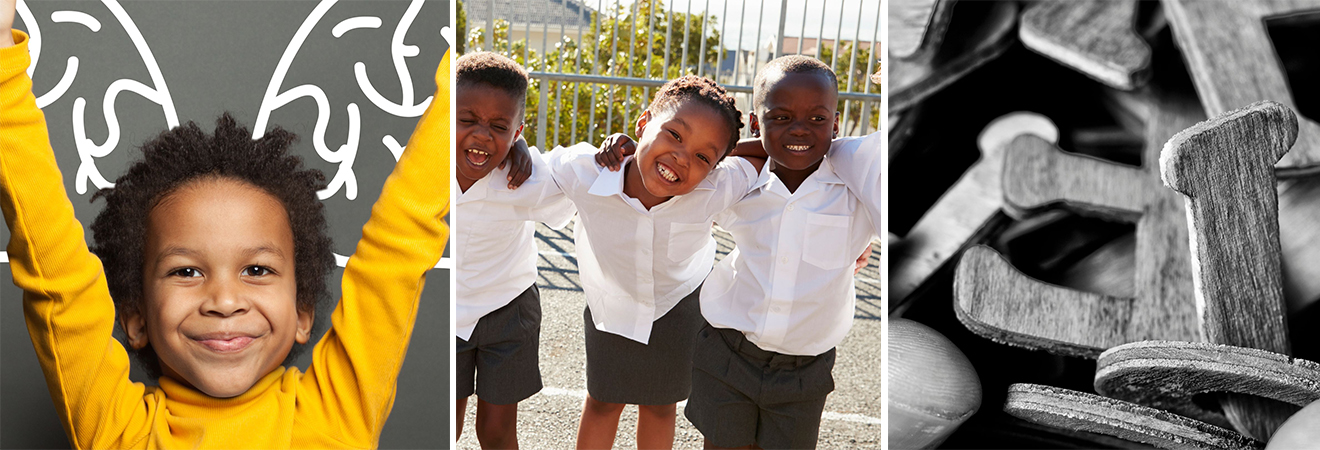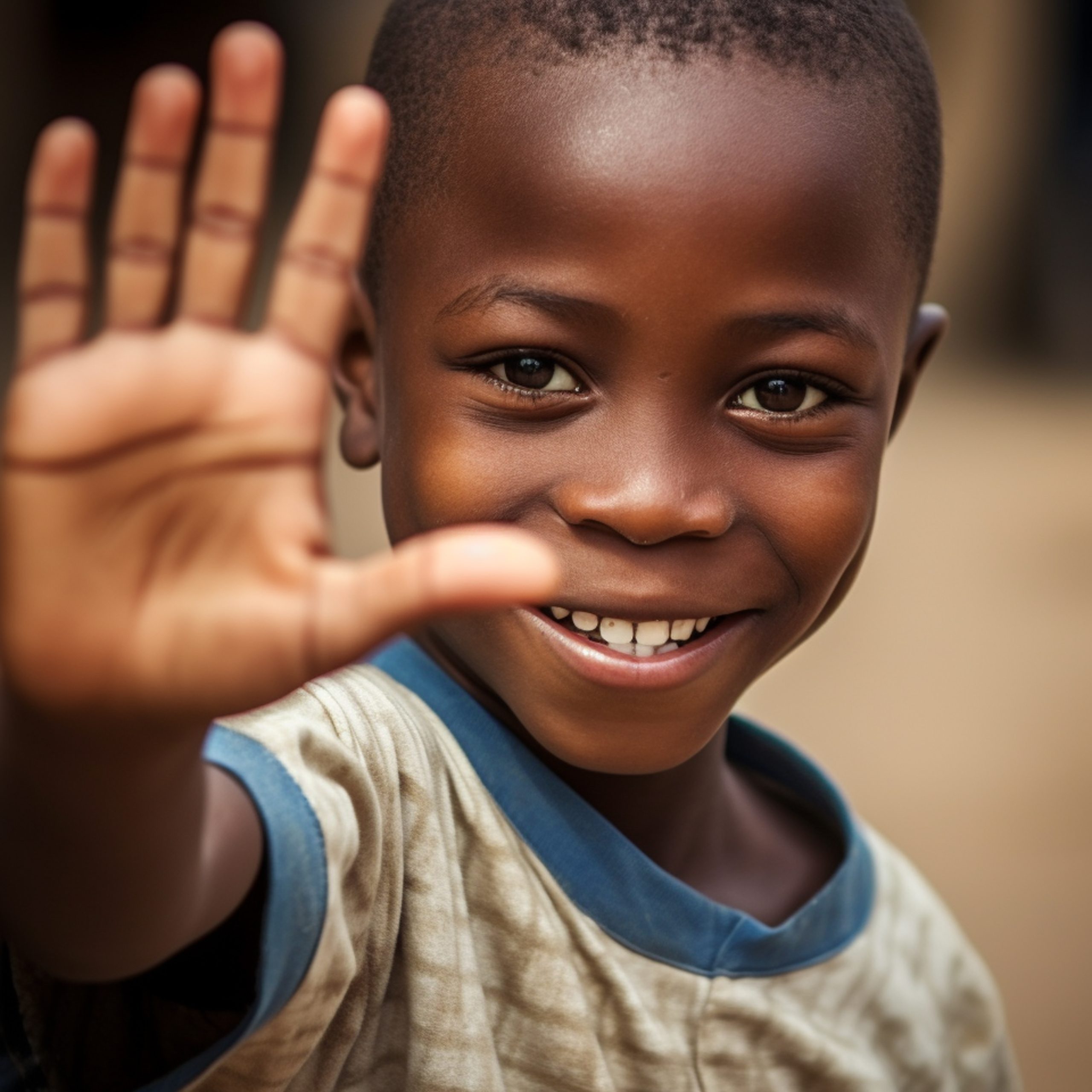What binds and separates us :The role of language in a multilingue country
René Descartes, the 17th-century French philosopher, once said, “I think, therefore I am”, implying that thought was the confirmation of existence. But couldn’t he have just said “I communicate therefore I am”, since language precedes thought?
Language is the structured system of oral, corporeal or written signs that plays a predominant role in the construction and, above all, maintenance of human existence. We appropriate a language to build our identity and human existence, since reality necessarily involves the representation we make of it, and this representation is inseparable from the symbols that designate it. Language is what enables us to be in the world.
According to 2024 study the 6 most spoken languages in the World are English, Mandarin Chinese, Hindi, Spanish, Arabic and French. Admittedly English, Spanish, and French are widely spoken because of their colonial past, where the ruler’s language was imposed on the native population. Having said that, with the World growing smaller due to travel and migration, there is definitely a need for a commonly spoken language for communication amongst the various communities, but it should not be at the cost of the disappearance of native languages. Culture and traditions are preserved by the native language spoken in an area. Therefore, there is no denying that it is important to be multilingual.
Mother Tongue, also known as native language or first language, is used to designate the first language learned during a child’s first four years, even before learning to speak or going to school. In the firm belief that cultural and linguistic diversity are the key to sustainable societies, February 21 has been designated International Mother Language Day by UNESCO since 2000. This year, the focus is on promoting and encouraging mother-tongue-based multilingual education, in which learning begins in the language best mastered by the child, gradually introducing other languages.
UNESCO estimates that 40% of the world’s population has no access to education without a language barrier, while the Association for the Development of Education in Africa (ADEA) claims that at least 85% of African children start their school life obliged to learn in a language they have never spoken or heard. With nearly 250 Mother Tongues in the Democratic Republic of Congo (DRC), and an illiteracy rate of 29% by 2020 according to the United Nations (UN), it’s important to understand the impact of the abrupt transition from mother tongue to language of instruction on the quality of education in one of Africa’s most multilingual and multicultural countries.
Language, a Fundamental aspect of Human identity
Language is much more than a simple communication tool. It is a tool for identifying oneself and others. As the French linguist Émile Benveniste once said, it is in and through language that man constitutes himself as a subject. “I’m French”, “I’m Italian”, “I’m English” or “I’m Japanese” – so many forms that demonstrate the strong link between language and identity and culture. Language alone is the foundation of personality and the reality in which an individual evolves and is the basis of intellectual capacity. It is through language that culture is created and knowledge is shared and acquired. Man translates what is dear to him through language, and language evolves with him, continually reflecting the society and world around him through the prism of its speaker. When a language dies, it takes with it the culture and identity of an entire people. Language, identity and development are thus intrinsically linked, hence the importance of placing language at the heart of learning.

Despite this close relationship between language, identity and development, Africa is the only continent not to have integrated the mother tongues spoken in everyday life into school education. With a broad linguistic heritage, the DRC has four national languages: Lingala, Swahili, Kikongo, and Tshiluba. These divide the country into four main linguistic zones and, in principle, should be used in education, the press and the courts, as they are best understood by the population. Unfortunately, in DRC, these national languages are neglected in favor of the colonial language, French.
The impact of languages on the dissemination of knowledge
DRC is a vibrant tapestry of linguistic diversity. This multilingual landscape is not only a testament to the country’s rich cultural heritage, but also plays an essential role in shaping its social, political, and economic dynamics.
Languages are more than just tools for communication. They are deeply linked to identity, history and belonging, acting as threads that bind individuals to their communities and heritage. In a country as vast and culturally diverse as the DRC, languages should play a crucial role in preserving and passing on traditions, histories, and values from one generation to the next.
But unfortunately, none of the languages that make the Congo such a multicultural country are exploited throughout the country. Swahili is used in the eastern zones, Lingala in the western zones, Tshiluba in the central zones and Kikongo in the Bandundu and Bas-Congo provinces. Nevertheless, to communicate with each other, the Congolese of these different linguistic zones resort to French, a foreign language, a cultural consequence of colonization, which serves as a linguistic link between all the peoples of the DRC, maintaining national unity.
By relegating national languages to the background in favor of French, Congo not only complicates the dissemination of knowledge in the country, but also the incorporation of its intelligentsia – a social class engaged in the work of creating and disseminating culture – into the global academic community. This reflection is confirmed by figures from the Unesco report on science, which states that of the twenty countries with the most academic publications in the world, a majority (twelve) have an official language exclusive to the country and its border areas.
Mireille Kasongo, promoter of “Yes! AfriCan”, declared that this was “self-evident in every country outside Africa. In France, they teach in French, they don’t even ask the question. It’s the same in Italy and elsewhere. Here in the Congo, and in many African countries, we teach in the language of the colonists. Teaching in French is not a problem for children whose mother tongue is French. I’m thinking of all the Congolese children who don’t have the right to access quality education in their own language, even though they live on their own land. […] Insofar as these children are learning new things in a language they don’t know, it puts them in difficulty and it also creates a lack of self-esteem, because they consider that “if I don’t understand, I’m stupid”.
To claim that thought and language are dissociable would be erroneous in the context of child education. According to the hypothesis of Benjamin Lee Whorf, an American linguist and anthropologist, it is from language that experience takes shape. Words are indispensable to the conception of reality, just as a child would question the name of an object in order to give it meaning. A meaning that is independent of the designated object, and that focuses instead on the identity of the self, others and the relationships that bind the self to others. In other words, words are not simply labels for things, but are also how we construct our understanding of ourselves and the world around us. They play a crucial role in the construction of our identity and in the way we interact with our social and cultural environment.
Imposing instruction in another language on a child would be tantamount to demystifying a reality built up since childhood, and opposing it with another. The multilingual education program proposed by Unesco would be built on a system that runs counter to the triptych of nations promoting “one territory, one official language, one nation”. With the multilingual education program, a mother tongue of regional scope would be used for the foundations of literacy, rapidly complemented by the teaching of a mother tongue of national scope, and ending with the teaching of an international language. The current system is not a practical solution in such a linguistically rich country, as international languages are often only mastered by a minority. Applying this system not only ensures that the transition from mother tongue to international language is gradual, but also broadens and diversifies the number of participants in democratic debates and access to information. In addition, it has been recognized that preserving mother tongues in children’s education reduces the stress of adapting to a new program and facilitates the learning of secondary languages, thanks to the mental processes acquired when learning the mother tongue.
The education system in the DRC still faces many challenges, impacting on the availability and effectiveness of teaching. We lack teachers, favorable learning environments and equity of access to education, to name but a few. Nevertheless, an education system that considers the country’s multilingualism would be a further step towards quality education accessible to all. What’s more, multilingual education would help maintain the cultures that populate the DRC and make it such a beautiful country. Identity, language and development are the same, and the DRC’s development lies behind its education.
In a country as linguistically diverse as the DRC, the importance of embracing and celebrating this diversity cannot be overstated. Multilingualism offers a multitude of benefits, from promoting intercultural understanding and tolerance to enriching educational opportunities and enhancing economic prospects. By valuing and promoting linguistic diversity, the DRC can harness the full potential of its diverse population and pave the way for a more inclusive and prosperous society.
Efforts to promote multilingualism in the DRC must go hand in hand with initiatives to bridge linguistic divides and promote unity. Investing in language education, promoting bilingualism and multilingualism, and fostering a culture of respect for all languages are crucial steps towards building a more cohesive and inclusive society.



